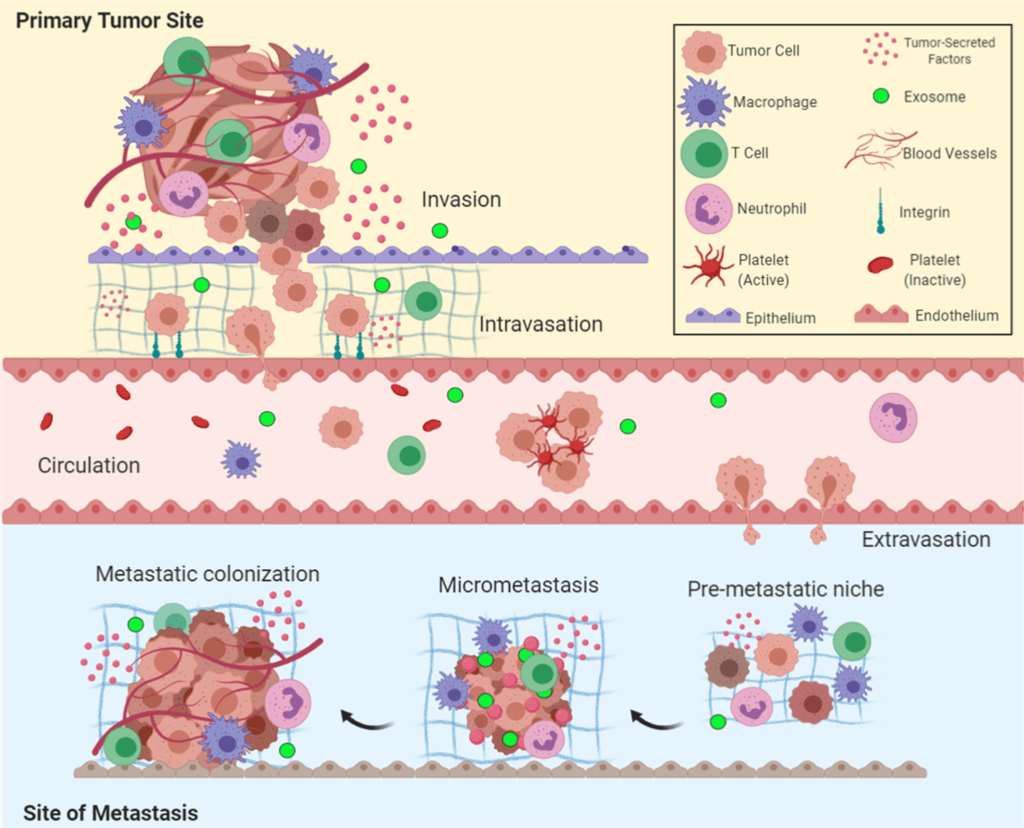Cancer is a pervasive and complex group of diseases characterized by the abnormal growth of cells that have the potential to invade and spread to other parts of the body.
It is one of the leading causes of death worldwide, with millions of people diagnosed yearly. While advancements in medical research and treatment have improved survival rates, cancer continues to be a significant global health challenge.

Cancer: Causes and Risk Factors
Cancer arises due to genetic mutations in cells, leading to uncontrolled cell growth and division.
These mutations can be caused by various factors, including environmental exposures (such as tobacco smoke, radiation, and carcinogens), lifestyle choices (like unhealthy diet, physical inactivity, and alcohol consumption), and genetic predisposition.
Age is also a crucial risk factor, as the likelihood of occurrence increases with age.
Types and Variations
There are more than 100 types of cancer, each with unique characteristics and treatment approaches. Some common types include breast, lung, prostate, colorectal, and skin (melanoma).
The diversity of types makes research and treatment strategies highly complex.
Cancer: Signs and Symptoms
Cancer symptoms can vary depending on the type and stage of the disease. Common signs may include unexplained weight loss, persistent fatigue, changes in the skin, unusual bleeding, lumps or thickening in the body, persistent cough, and difficulty swallowing.
Early detection is crucial for effective treatment, which is why regular medical check-ups and screenings are essential.
Diagnosis and Treatment
Diagnosing typically involves a combination of imaging tests, biopsies, and laboratory analyses.
Once diagnosed, treatment options may include surgery, chemotherapy, radiation therapy, immunotherapy, targeted therapy, hormone therapy, and bone marrow transplantation. Healthcare professionals tailor treatment plans based on the type and stage of cancer, as well as the patient’s overall health.
Impact on Patients and Families
Cancer not only affects patients’ physical health but also has profound emotional, social, and financial consequences for them and their families.
Coping with the diagnosis, undergoing treatment, and managing side effects can be emotionally taxing. Family members and caregivers also face challenges in providing support and care during the journey.
Research and Progress
Medical research continues to make strides in understanding cancer biology, developing new treatment approaches, and exploring prevention strategies.
Collaborative efforts between scientists, healthcare professionals, and advocacy groups have led to significant advancements in care, providing hope for better outcomes and increased survival rates.
Cancer: Prevention and Awareness
Prevention plays a vital role in reducing cancer incidence. Adopting a healthy lifestyle, avoiding known risk factors, getting vaccinated against infections (such as HPV), and participating in screenings are essential steps in prevention.
Public awareness campaigns also play a crucial role in promoting early detection and better outcomes.
Conclusion
Cancer remains a formidable challenge for the global community, affecting millions of lives each year.
Addressing this complex disease requires continuous research, effective prevention strategies, early detection, and access to comprehensive and compassionate care for all those affected.
By joining forces in the fight against, we can work towards a future where cancer is more manageable, preventable, and ultimately curable. 온라인카지노사이트
